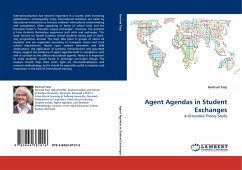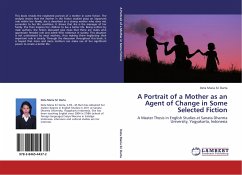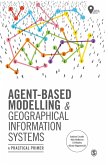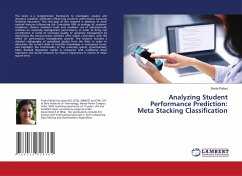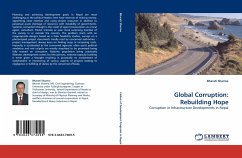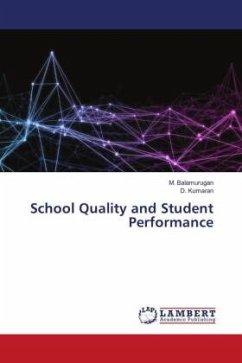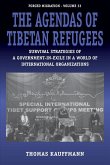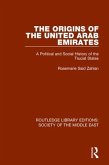Internationalization has become important in a society with increasing globalization. Consequently many international initiatives are taken by educational institutions to increase students' intercultural understanding and competence, often appearing in terms of school visits and the European Union's Socrates Lingua exchanges . However, the question is how students themselves experience such visits and exchanges. This book focuses on Danish business school students taking part in short-stay programmes abroad. The stays take place in groups of about 20 students and are organized according to European Union and local school requirements. Based upon student interviews and field observations, the application of symbolic interactionism and grounded theory suggest the existence of agent agendas both in compliance with and in contrast to the official educational agenda. Hence it is important to make students' voices heard in exchange curriculum design. The analysis should help shed some light on internationalization and research methodology, and it should be especially useful to teachers and researchers in the field of intercultural learning.
Bitte wählen Sie Ihr Anliegen aus.
Rechnungen
Retourenschein anfordern
Bestellstatus
Storno

